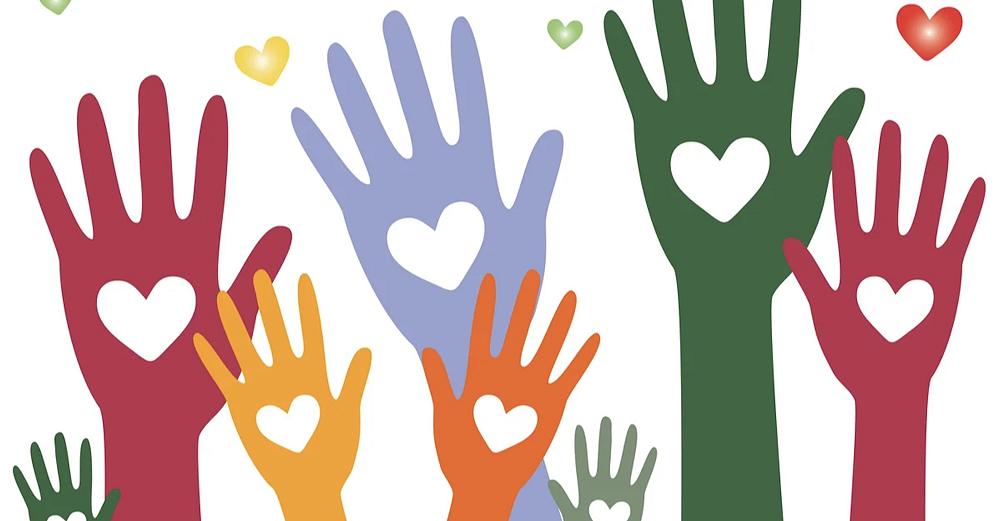
Be an UPSTANDER!
Our PB4L focus for the start of term 2 has been ‘Don’t be a bystander, be an UPSTANDER!’
An Upstander is different from being a bystander. A bystander is someone who notices bullying behaviour but does not or cannot help.
Upstanders can be an important part of the solution to stop bullying. An Upstander is someone who takes action against bullying behaviour. When an Upstander sees someone being bullied, they do something about it. They help to stop the bullying from happening, or they support the person who's being bullied.
Every student can be an upstander and research shows that being an upstander to bullying behaviour has positive impacts. Through being an upstander we create safe and supportive learning environments. Safety starts in the classroom but it is also important for our students to feel safe everywhere at school, in the library, in the office, on the bus, and on the playground. At Lyttelton Primary we believe everyone can work together to create a climate where bullying is not acceptable.
The five Upstander actions...
There are a range of helpful actions you can take if you feel safe enough to do so.
1. Āwhinatia / Support the person experiencing bullying
Awhi the person being bullied, even if you just stand beside them and let them know you’ve got their back.
Encourage them to ask a kaiako/teacher for help or go with them to get help.
Let them know they’re not alone!
2. Haukotia / Distract
Interrupt the bullying in some way:
Ask the person experiencing bullying if they want to go for a walk or do something else.
Help them to leave the situation they’re in.
3. Karangahia / Call it!
If you feel safe to, let the person/people doing the bullying know what they’re doing isn’t okay.
Use your words to show aroha and kindness to those involved.
Don’t stand by and watch. It can be hard to speak up in the moment but it can make a huge difference.
4. Taihoa ake, ka haumaru / Leave and act
If you don’t feel safe to step in while the bullying is happening:
Move away from the situation.
Later, let the person experiencing the bullying know you saw and ask what might help.
5. Tautokohia / Get some other help
Support the person being bullied to get help from others – whānau, kaiako or a trusted adult and then act on their advice.

